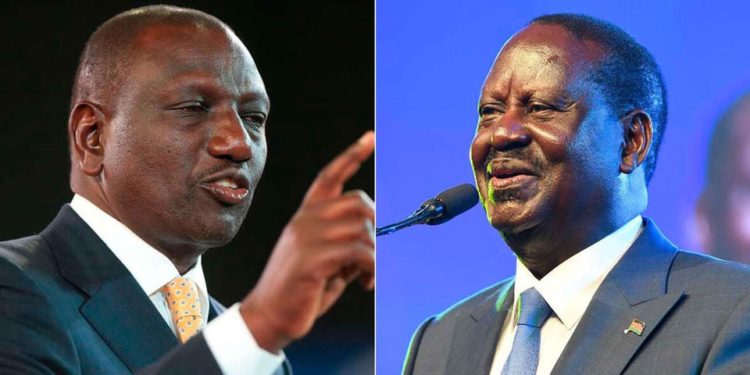Opposition leader Raila Odinga’s diplomatic tour at the African Union Commission (AUC) has ended in controversy, just like the political storm that he has kicked up locally that has escalated to mass action threats.
Yesterday, what was not contested was the announcement that Mr Odinga’s tenure as the commission’s high representative for infrastructure development in Africa had ended after nearly five years.
But a cloud of controversy swirled around the circumstances of his exit, whether he quit — Mr Odinga claimed that he had requested to be freed “to pursue other urgent matters” — or he was pushed out, as diplomatic and Kenyan government sources indicated.
Stoking the controversy further was the fact that the letter announcing the end of his tenure was dated February 19, on the day President William Ruto left Addis Ababa, the headquarters of the continental body, following a two-day visit to attend the 36th Ordinary Session of the African Union Heads of State and Government Summit.
AUC chairperson Moussa Faki Mahamat wrote to Mr Odinga thanking him for his service and informing him that the conversion of the Nepad Agency to the African Union Development Agency, Nepad is now complete and the new body has a “full mandate to implement the continental agenda on infrastructure.”
By this, the diplomatic statement indicated that Mr Odinga, who had been appointed to the role in October 2018 after a truce with then President Uhuru Kenyatta, had been tapped to help during the transition to the new continental body. Read more









